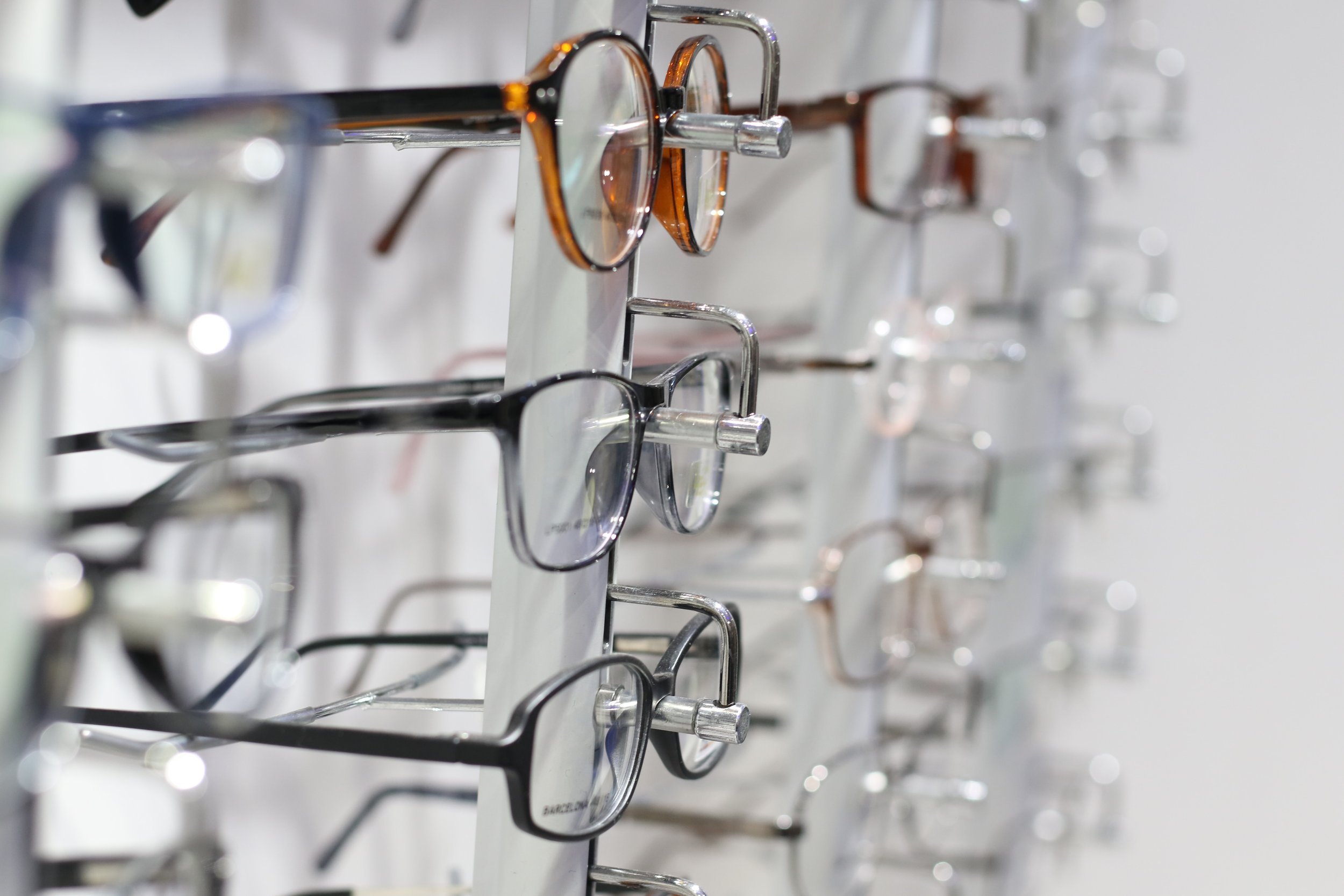Glaucoma Awareness for Seniors
/Glaucoma is a group of eye conditions that damage the optic nerve, which is responsible for transmitting visual information from the eye to the brain. It is often associated with increased pressure in the eye, known as intraocular pressure (IOP). Glaucoma can affect people of all ages, but it is more commonly diagnosed in older adults.
In the elderly population, glaucoma becomes more prevalent due to the natural aging process and other age-related factors. Here are some key points to consider regarding glaucoma in the elderly:
1. Increased risk: The risk of developing glaucoma generally rises with age. The most common type of glaucoma, called primary open-angle glaucoma, typically occurs after the age of 40. As people live longer, the likelihood of developing glaucoma increases.
2. Asymptomatic progression: Glaucoma often progresses silently and gradually. In its early stages, individuals may not experience noticeable symptoms or vision loss. Regular eye examinations are crucial for early detection and treatment.
3. Vision impairment: If left untreated or uncontrolled, glaucoma can lead to vision loss and permanent damage to the optic nerve. The peripheral vision is typically affected first, which can make daily activities challenging for older adults, such as driving or recognizing obstacles.
4. Comorbidities: The elderly population often has other age-related health conditions, such as diabetes and cardiovascular diseases. These comorbidities can influence glaucoma management and the choice of treatment options.
5. Treatment challenges: Treating glaucoma in the elderly can be more complex due to factors like medication adherence, physical limitations, and cognitive impairments. It is important for healthcare providers to consider the overall health status and individual circumstances when determining the most appropriate treatment approach.
6. Regular eye exams: Routine eye examinations are vital for early detection and ongoing monitoring of glaucoma in the elderly. These exams often involve measuring IOP, assessing the optic nerve, evaluating visual fields, and sometimes employing imaging techniques to track disease progression.
7. Treatment options: Treatment for glaucoma in the elderly typically involves lowering IOP to prevent further damage to the optic nerve. This can be achieved through various methods, including eye drops, oral medications, laser therapy, and surgical procedures. The choice of treatment depends on factors such as disease severity, overall health, and patient preferences.
It's important for older adults to maintain good eye health and be aware of the risk factors and signs of glaucoma. Regular communication with healthcare professionals, adherence to treatment plans, and proactive management of eye health can help minimize the impact of glaucoma on the elderly population.



